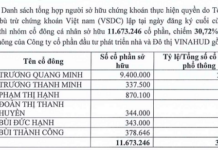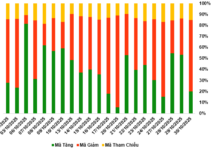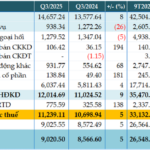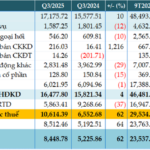At the seminar titled “Promoting Voluntary Tax Compliance and Full Contribution – Building a Prosperous Era,” organized by Lao Dong Newspaper on October 23, Mrs. Nguyen Thi Cuc, Chairwoman of the Tax Consulting Association, Arbitrator at the Vietnam International Arbitration Center (VIAC), and former Deputy Director General of the General Department of Taxation, emphasized that to enhance tax compliance among citizens and businesses, tax authorities must shift from a mindset of “management and imposition” to one of “partnership and support.”
According to Mrs. Cuc, tax authorities should continue developing a comprehensive support ecosystem to reduce compliance costs for both taxpayers and society. However, several areas still require improvement.
First, while tax payments are now automated, Mrs. Cuc proposed adding an automatic late payment reminder feature. She noted that under the Law on Administrative Violations, penalties for late tax declarations are applied uniformly regardless of the amount, which is unfair. For instance, a delay of 64 to 90 days in filing taxes can result in a fine of 8 to 15 million VND, regardless of the amount owed. This leads to inconsistencies, such as an individual being fined 8 million VND for a late tax declaration of only 300,000 VND.
Second, businesses face not only tax thresholds but also additional costs like market management fees, food safety compliance fees, and operational expenses. Reducing these non-tax costs would encourage better tax compliance. Therefore, improving compliance requires not only tax policies but also systemic reforms to reduce costs and create a more favorable environment for taxpayers.
Third, despite tax policy reforms, implementation challenges persist, undermining tax management. Further breakthroughs in tax policy are needed to reduce societal costs, enhance compliance, and promote transparency and tax equality.
Fourth, Mrs. Cuc stressed that businesses and entrepreneurs must view tax compliance as a responsibility to themselves, their families, and their companies. Ethical business practices and tax compliance enhance reputation and sustainability.
Finally, taxpayers should strive for voluntary compliance, adhere to tax laws, and contribute fully to the national budget. Paying taxes honestly and legally is an act of patriotism, contributing to a prosperous nation.
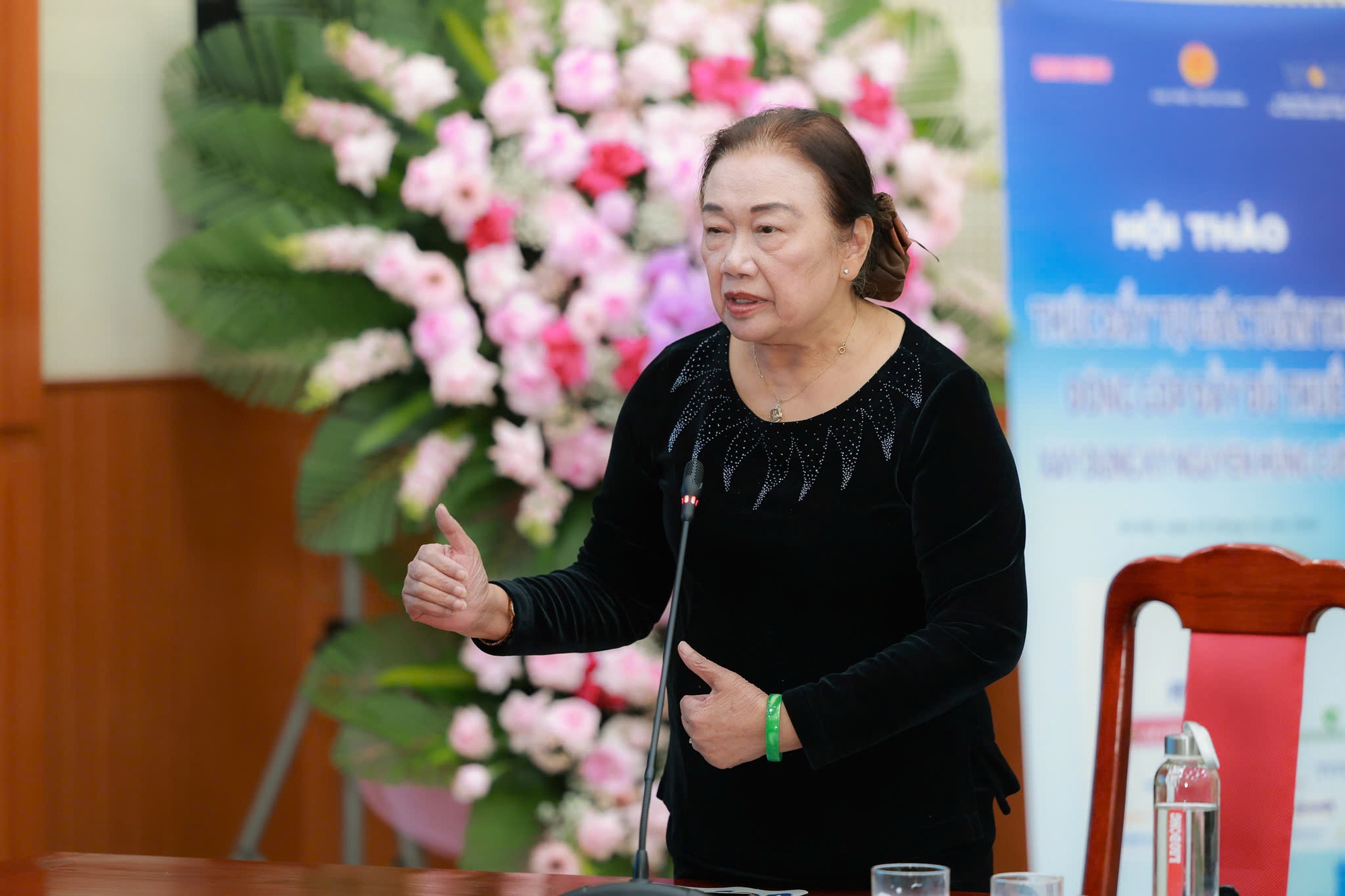
Mrs. Nguyen Thi Cuc – Chairwoman of the Vietnam Tax Consulting Association, Arbitrator at VIAC, and former Deputy Director General of the General Department of Taxation.
Associate Professor Dr. Le Xuan Truong, Head of the Department of Taxation and Customs at the Academy of Finance, highlighted tax fairness as the cornerstone of voluntary compliance. “When most citizens perceive the tax system as fair, they are more motivated to comply and less likely to evade taxes,” he stated.
Dr. Truong explained that a fair system must ensure both vertical equity (higher taxes for higher incomes) and horizontal equity (equal treatment for those in similar conditions).
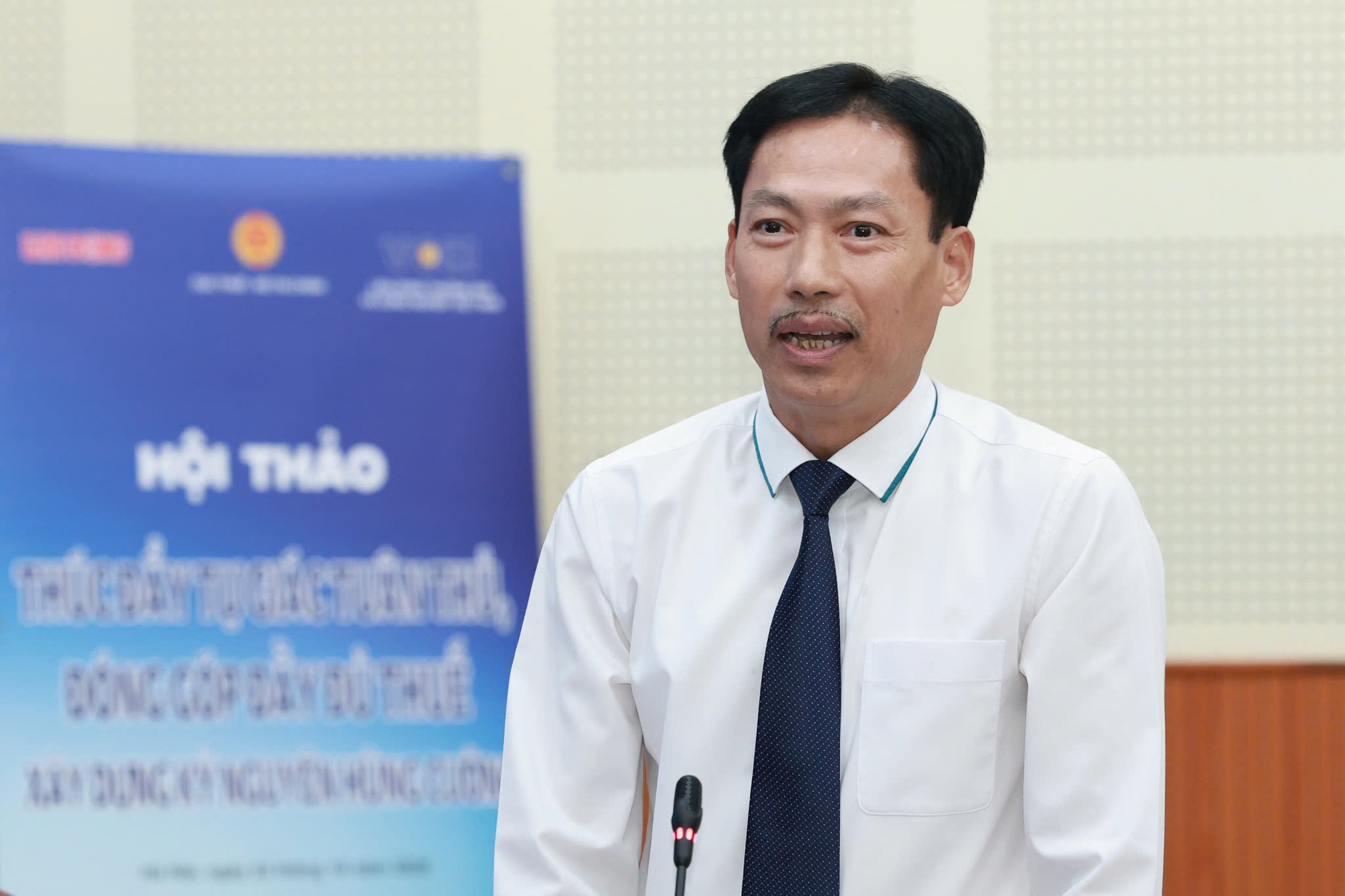
Assoc. Prof. Dr. Le Xuan Truong – Head of the Department of Taxation and Customs (Academy of Finance) answering questions at the seminar.
According to Mr. Mai Son, Deputy Director of the Tax Department at the Ministry of Finance, “Voluntary tax compliance” is not only a goal for tax authorities but also a measure of effective management and public trust.
“A national financial system is sustainable only when taxpayers pay taxes not just out of legal obligation but also because they trust that their tax contributions are used transparently and for the common good.”
Mr. Son noted that in advanced countries, tax laws create a strong foundation, fostering high civic responsibility. Citizens pay taxes because they believe it contributes to social welfare, infrastructure, and public services.
“In Vietnam, the Party and State have implemented comprehensive social welfare programs, such as health insurance and education policies. These initiatives rely on tax revenues,” he added.
“Tax authorities must ensure citizens understand and support tax policies. Effective communication is key. Simply using slogans is insufficient. Tax authorities have significantly improved their approach in recent years,” Mr. Son emphasized.
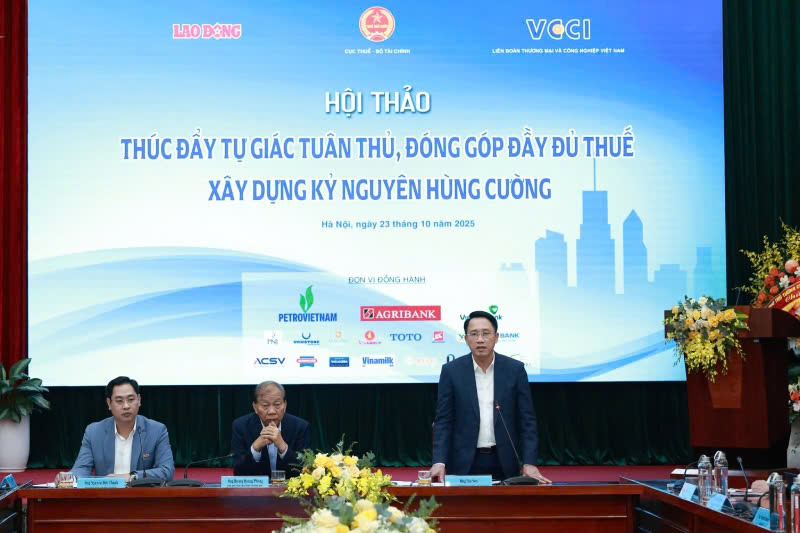
Mr. Mai Son – Deputy Director of the Tax Department
Deputy Director Mai Son also mentioned that the Tax Department has established metrics to evaluate and improve trust. This includes comprehensive reforms in tax administration and policy. The department has undergone four reform phases, with e-taxation (IT-based management) now serving as the foundation.
The department is implementing digital transformation, building a multi-sectoral database connecting businesses with ministries such as banking, insurance, customs, and agriculture. This aims to create an integrated system for automated declarations and information verification, simplifying tax filing and payment.
The department is also adopting new technologies like blockchain and AI in its next-generation tax management system, scheduled for 2026. This will leverage big data and risk management to enhance oversight and taxpayer support.
Deputy Director Mai Son affirmed the department’s commitment to creating a taxpayer-friendly environment, reducing administrative procedures, and cutting compliance costs. The goal is to reduce administrative costs by 44%, exceeding the 30% target. This commitment aims to improve tax management, contribute to national development, and ensure social welfare.















